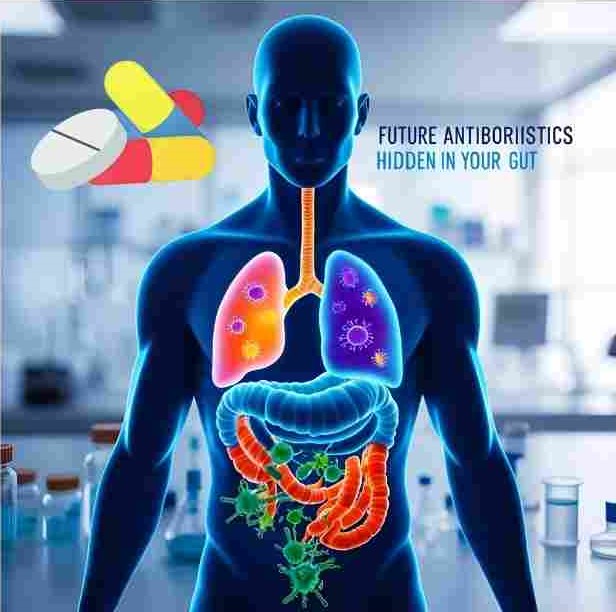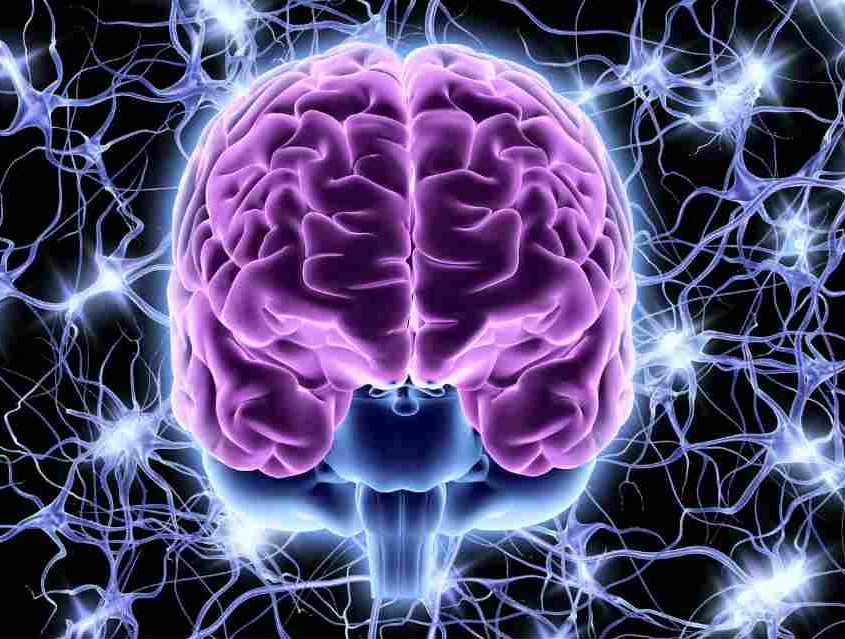Could the Next Super Antibiotic Be Inside You?
A hundred years ago, even a small scratch could turn deadly. Without proper medicine, bacteria could cause severe infections. But since the mid-20th century, antibiotics like penicillin have helped us fight these harmful germs. Unfortunately, bacteria have evolved over time, learning how to resist our medicines.
This growing resistance is a serious problem. If we don’t find new ways to fight bacteria, experts predict that by 2050, around 39 million people worldwide could die because of untreatable infections.
But there’s good news! Scientists in the U.S. have discovered a new source of antibiotics—inside our own bodies.
A Hidden Treasure in Our Guts
Researchers from the University of Pennsylvania studied the gut bacteria of 1,773 people using artificial intelligence. They found hundreds of new compounds that might work as antibiotics. When they tested 78 of these in the lab, 70% showed strong antibacterial properties.
One of the most promising discoveries is prevotellin-2, a compound from the gut microbe Prevotella copri. In lab tests, it worked just as well as polymyxin B, a powerful antibiotic used today.
Why Does Our Gut Have Antibiotics?
The human gut is like a battlefield. Different bacteria compete for space and resources, so they develop special weapons to fight each other. Some of these weapons are tiny protein chains called peptides, which can:
- Break apart harmful bacteria so they leak and die.
- Block essential functions in enemy bacteria, making them wither and stop growing.
The Future of Antibiotics
This discovery shows that our own microbiome—the community of bacteria living inside us—could be a goldmine for new medicines. Scientists hope that studying these natural antibiotics will help us create powerful new drugs to fight deadly infections.
With antibiotic resistance on the rise, this breakthrough could change the future of medicine and save millions of lives.











